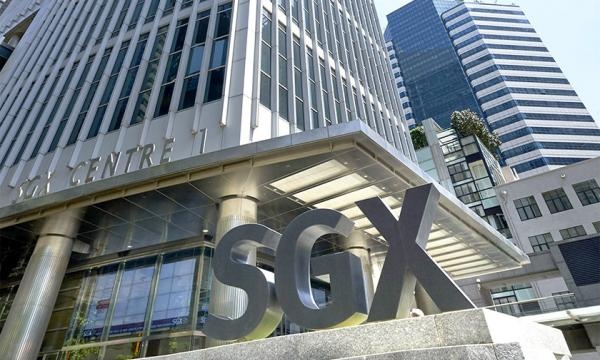
MAS and SGX RegCo launch trade surveillance practices guide
It encourages proper recordkeeping and periodic quality assurance reviews on compliance reports.
The Monetary Authority of Singapore and the Singapore Exchange Regulatory Committee (SGX RegCo) laid out five principles in a new guide that aims to help brokers develop and implement good practices in their trade surveillance.
According to a paper, brokers are firstly required to have strong senior management oversight. “The broker needs to have well-defined internal processes that identify what and when suspicious trading activities need to be escalated. The escalation processes should be properly documented in the standard operating procedures (SOPs), and appropriately implemented so as to keep senior management apprised of any suspicious trading activities,” it said.
Brokers should also have in place appropriate systems and structured processes to detect potential market misconduct, regulations, notices, trading rules and guidelines issued by regulators.
“Systems and processes should be updated regularly to keep pace with market developments and regulatory changes. For instance, brokers should consider adopting automated surveillance systems, artificial intelligence and machine learning to enhance the monitoring of trading activities,” the paper added.
Electronic communication channels, such as messaging platforms, are increasingly common and may require the use of sophisticated monitoring tools. The paper said, “A trade surveillance programme, including alert types, exception reports, parameters and thresholds,should be commensurate with a broker’s nature of business and scale of operations, and back-tested with historical data to ensure their effectiveness.”
Thirdly, brokers are expected to not only have staff performing trade surveillance operations, but to also have adequate resources and budget for areas such as IT and manpower to ensure that its trade surveillance programme is effective in detecting potential market misconduct.
The fourth principle, which focuses on proper recordkeeping and quality assurance, encourages that quality assurance reviews are performed periodically on alerts and exceptions and that version control logs are kept for any changes. Trade surveillance systems, processes, policies and procedures should also be audited annually to ensure compliance.
Finally, strong controls should be in place to ensure the confidentiality of information relating to trade surveillance. Trade surveillance staff are also expected to respond promptly to regulatory queries and requests. A clear escalation framework for self-reporting of suspicious trading activities and potential market misconduct is also encouraged.
Oversight gaps
MAS and SGX RegCo built guidelines based on their review of brokers’ trade surveillance operations, which looked at governance framework, surveillance processes and resources, as well as escalation policy.
Whilst senior management received reports on surveillance findings, oversight was found to be lacking in some brokers. Although trade surveillance frameworks were approved by local or group compliance, senior management were not informed of surveillance findings
Moreover, the majority of brokers performed trade surveillance by manually reviewing exception reports generated from trading data (which may be operationally inefficient and prone to errors), instead of using automated trade surveillance systems to enhance the detection of potential market misconduct. “Only half of the brokers had put in place processes to periodically review their surveillance programmes, while the rest only conducted such reviews on an adhoc basis,” the paper said.
Almost all the brokers performed trade surveillance on a daily basis and incorporated trend analysis in their assessments. However, more than half did not have an established timeline for case closure to ensure timely review of exceptions.
“In terms of resources, trade surveillance operations were typically overseen by the broker’s compliance team comprising one to five dedicated staff, depending on the size and complexity of the business. Only one broker provided regular structured training to its surveillance staff,” the paper noted.
With respect to escalation policies, the majority of brokers hadinternal escalation processes in place to inform senior management of suspicious trading activities. “For some brokers, the escalation policy on the reporting of potential market misconduct was inadequate due to a lack of formalised guidelines and processes,” the paper said, adding that these brokers had also not reported any suspicious trading activities to SGX RegCo in the past three years.
























 Advertise
Advertise











